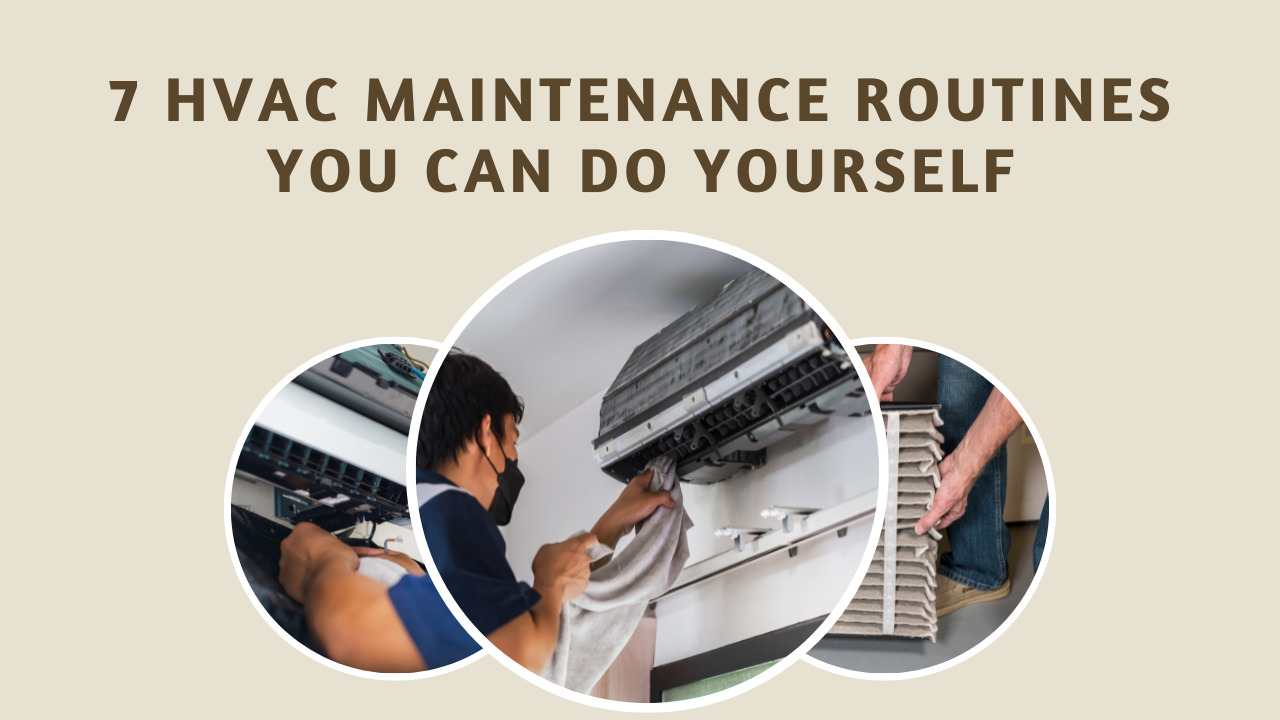The heating, ventilation, and air conditioning (HVAC) system is one of the most significant investments a homeowner could spend on.
A new installation with add-ons can cost you up to USD$17,000, based on estimates. It’s also pricy to operate and maintain. An annual HVAC maintenance contract can cost you up to USD$300 annually while repair fees are pegged at USD$450, on average.
Keeping your system in good shape is key to preventing major repairs and breakdowns. While most maintenance works should be done by professional HVAC service providers, there are things you can do while waiting for your annual maintenance checks.
Here’s how to help keep your HVAC system up and running:
Table of Contents
1. Check Your Airflow
Making sure your HVAC system’s airflow is unobstructed helps make sure it stays in good shape. One of the ways to keep the air flowing well is by regularly inspecting the vents, making sure they’re not blocked with dust. Also, check whether the blowers are working properly.
You can ask your HVAC contractor such as Kaiser Air Conditioning and similar companies to provide you with inputs on how to perform minor HVAC checks appropriately.
2. Replace Air Filters
Dust build-up is common in your HVAC’s air filter. Excessive accumulation of dirt strains your system, forcing it to work harder in keeping you cool or warm. Consider purchasing pleated air filters as they’re thought to enhance energy efficiency, thanks to the folds that trap smaller particles as compared to traditional filters.
A good rule of thumb is to maintain and change your HVAC air filters once every month or up to three months, depending on your situation and lifestyle. Having fur babies may require you to change your filter more often.
3. Inspect Your Furnace
Don’t forget to check your furnace, especially if you live in areas where the winter season can be particularly harsh. Switch your thermostat to heat mode and turn it up. Check whether your furnace is fired up.
Older furnaces will immediately turn on while newer models take a while before it ignites. Spend a few more seconds to see if it stays on fire. If not, you may need the help of your HVAC contractor to repair it.
Your furnace also has its filter, and you may see the need to replace it as often as the others. Make sure you know the size of the filter and know how to put it on. An incorrectly sized and poorly installed furnace filter will block the air.
4. Do Routine Cleaning
Keeping your HVAC clean is one of the best ways to avoid costly technical breakdowns and other problems. Prepare the right cleaning tools before taking on the job. Clean the supply registers by removing accumulated debris. Better yet, wipe it clean to keep these pollutants away from your system.
Apart from checking the vent, you must also check and clear the drain lines and the water inside the drain pans.
5. Remove Any Obstruction
Any massive obstruction on the airflow can cause your system to work less efficiently, leaving you and your family uncomfortably cold or warm on the wrong occasions.
If you see any form of obstruction in the system, have it removed right away. Also, check your external unit and get rid of dried leaves or any vegetation that may cause obstruction. Use a hose and blast away thick and sticky dust build-up, if you have to.
6. Be Wary Of Odd Sounds
Your HVAC system may generate noise, but not one that sounds odd. Any loud noise coming from your system could mean many things—from loose screws, heavy debris, or any type of blockages. Try to trace the source of the undesirable sound or call your HVAC technician.
7. Give Your Unit Some Rest
One way to increase your system’s lifespan is to give it a rest. When the weather’s not too warm or cold, try opening your windows and using ceiling fans to cool the air without the use of an air conditioner.
During summer, have your humidifier’s water supply turned off. When it’s almost winter, replace the humidifier pad or water panel, set the humidity up to 45%, and turn the water supply back on.
Final Thoughts
Most HVAC units require yearly preventive maintenance as a condition for keeping the system’s warranty. But don’t let it stop you from making minor and non-invasive maintenance activities such as filter changes and cleaning works.
Consider adjusting loose bolts and wires, too, if you’re comfortable enough. Performing these minor tasks regularly can help increase your unit’s efficiency and lifespan.






